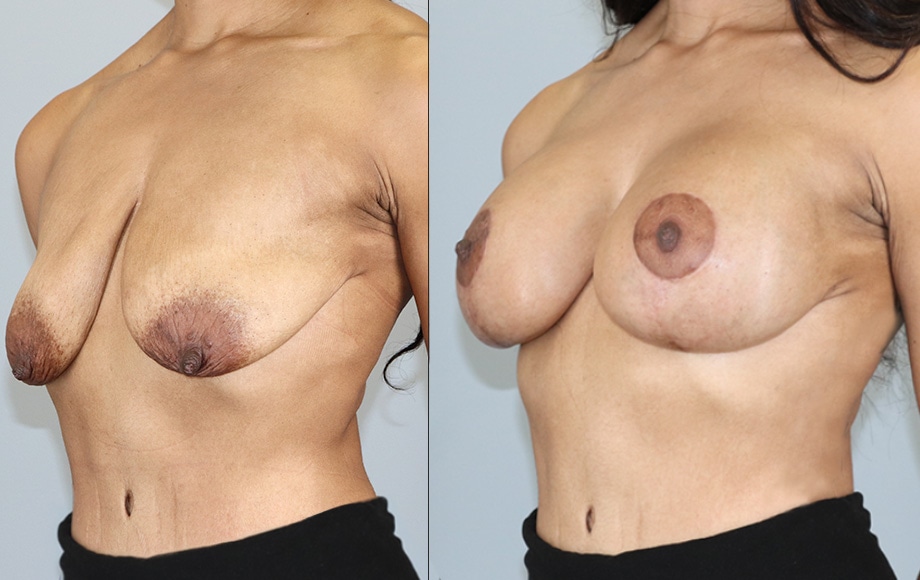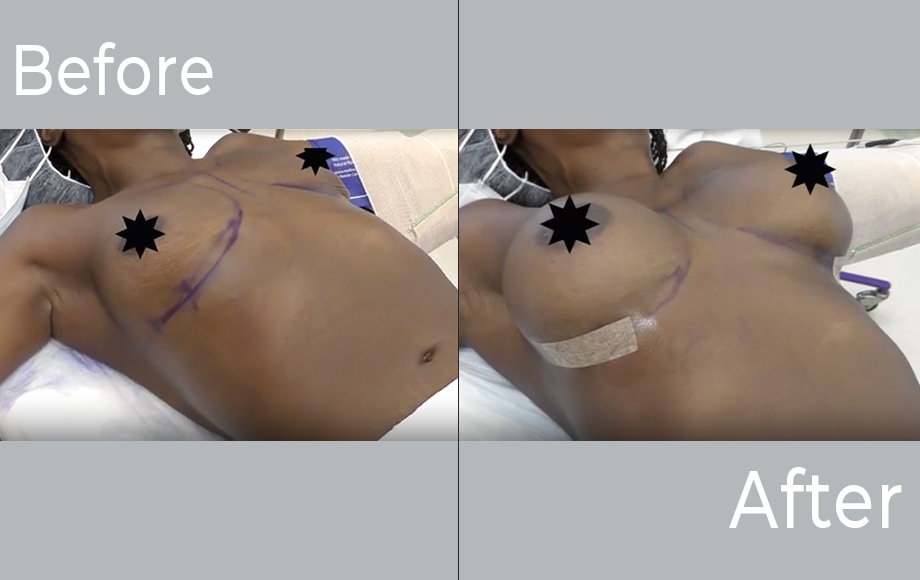Certain personality traits are linked to higher quality of life scores in breast cancer patients who undergo breast reconstruction after mastectomy, reports a study in the January issue of Plastic and Reconstructive Surgery®, the official medical journal of the American Society of Plastic Surgeons (ASPS).
Silvio Bellino, MD, and colleagues at the University of Turin, Italy, gave a battery of psychological tests to 57 women with breast cancer who underwent mastectomy and immediate breast reconstruction. The goal was to look at how various personality dimensions and patterns of interpersonal functioning affected quality of life after surgery.
Personalities Affect Women’s Outlook after Breast Loss and Reconstruction
After adjustment for other factors, two personality types were linked to higher quality of life scores. This included women with high scores for the temperamental characteristic of “harm avoidance” – a group that Dr. Bellino and coauthors characterize as “apprehensive and doubtful.” For these patients, they write, “Restoration of body image could help…to reduce social anxiety and insecurity.”
Patients rated as “vindictive/self-centered” on a scale of interpersonal problems also had higher quality of life scores. “Vindictive/self-centered patients are resentful and aggressive,” according to Dr. Bellino and colleagues. “Breast reconstruction could symbolize the conclusion of a reparative process and fulfill the desire of revenge on cancer.”
None of the other psychological or other factors evaluated – including the characteristics of the cancer and its treatment – were significantly related to quality of life scores. Overall, mastectomy followed by breast reconstruction yielded significant improvement in quality of life.
As survival rates improve, there is increased attention to the quality of life in breast cancer survivors. More women are undergoing breast reconstruction immediately after mastectomy, which seems to reduce the psychological impact of treatment. The new study is one of the first to look at how personality factors might affect patient satisfaction and quality of life after mastectomy and breast reconstruction.
The results suggest that some personality characteristics have an important impact on psychological recovery after breast cancer treatment. Based on their findings, “A preoperative personality assessment of patients requiring breast reconstruction will be useful to identify predictive factors of better subjective quality of life after surgery,” Dr. Bellino and colleagues believe. Such an assessment could help to identify women who could benefit from a brief course of psychotherapy during the period after reconstruction, with the goals of “preventing depressive symptoms and improving interpersonal relations.”






